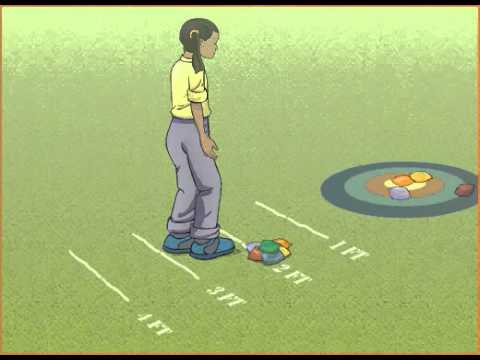
Try multiple variations of the same exercise, weather in time, speed, rhythm, posture, fingering or anything it comes to mind.
Real time performance implies unexpected stuff to happen. The perfect conditions to perform are only available in our heads so we should be ready for surprises, last-minute changes and panic attacks.
Multiple repetitions should be substituted by multiple diversities. Challenge yourself, get out of your comfort zone and be wild. Try something new. Try something different. Don’t settle. Change things before things change you. Vary your practice and leave your habits outside the practice room.
Varied practice is quite the opposite from constant practice, the kind of practice where, for instance, the basketball free throw shooting distance stays the same.
In Varied Practice the created motor programs are more robust, challenging and demanding. This allows your brain to generalize and transfer the moves into similar or analogues situations.
So, the next time you grab your guitar, change your metronome settings, play the tune slower and faster, play it in 4/4 and 3/4 and beyond, standing or sitting, with your acoustic guitar or electric guitar, with different bass-mid-treb amplifier equalization, in an even eights or swing feel, bossa nova, rumba, percussive style, play with your pick or your thumb or both!
Also, change the pitch (move an octave higher or lower), intensity (play louder or softer, with more legato or staccato) and duration of each note. And when it starts feeling comfortable once again, change it one more time, start over and let it sink into your brain.
How many different variables can you think of when it comes to improvisation and comping? How many different ways can you play a melody? Share your thoughts on the comments section bellow.
Practice “smarter, not harder.”
Remember:
-
Practicing longer periods of time doesn’t necessarily lead to better results.
-
Increasing repetition has no impact on long-term learning progress.
-
Practice does not make perfect. Practice makes PERMANENT. If you practice the wrong way the worse you will perform. The more you correct your practice trials in a practice session, the higher your performance will tend to be.


